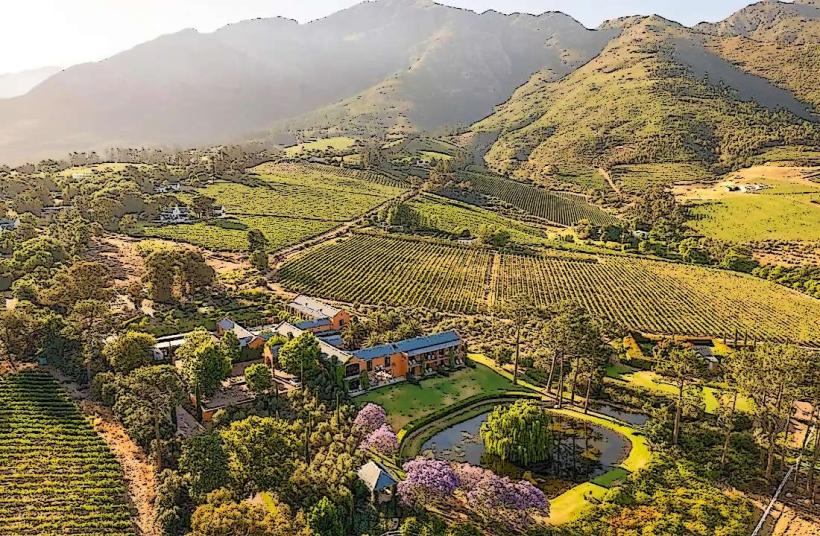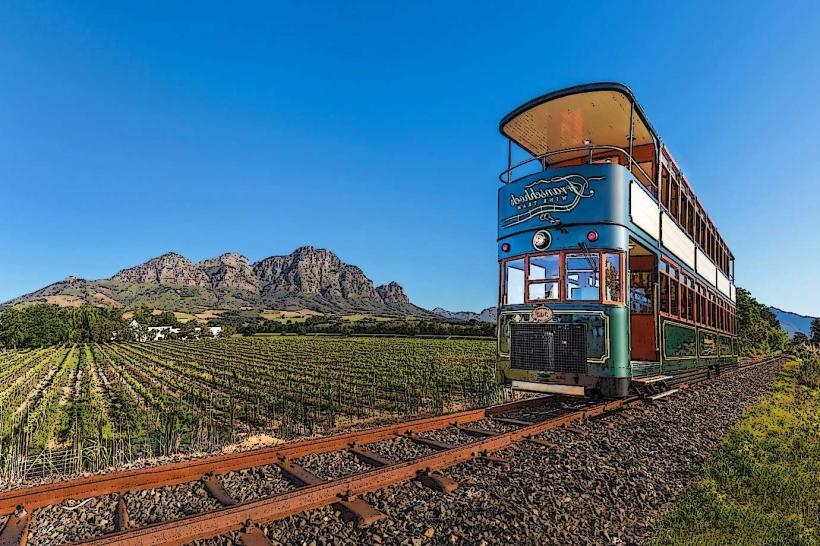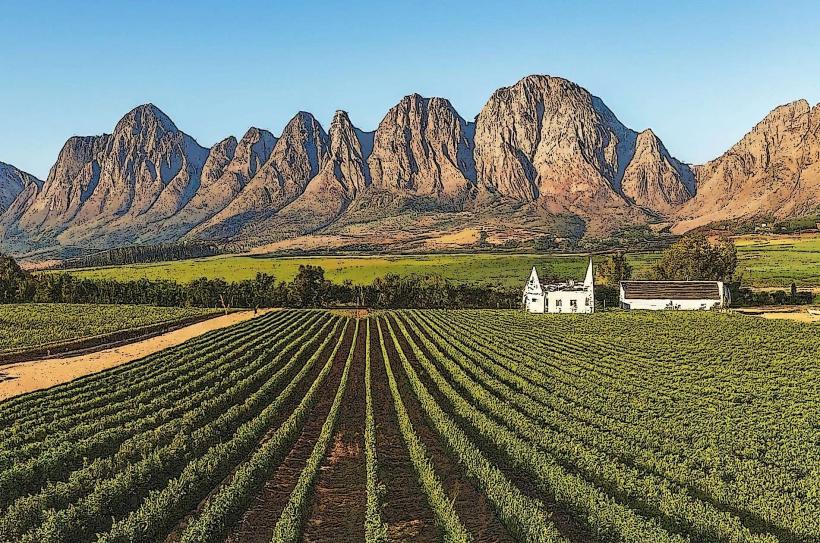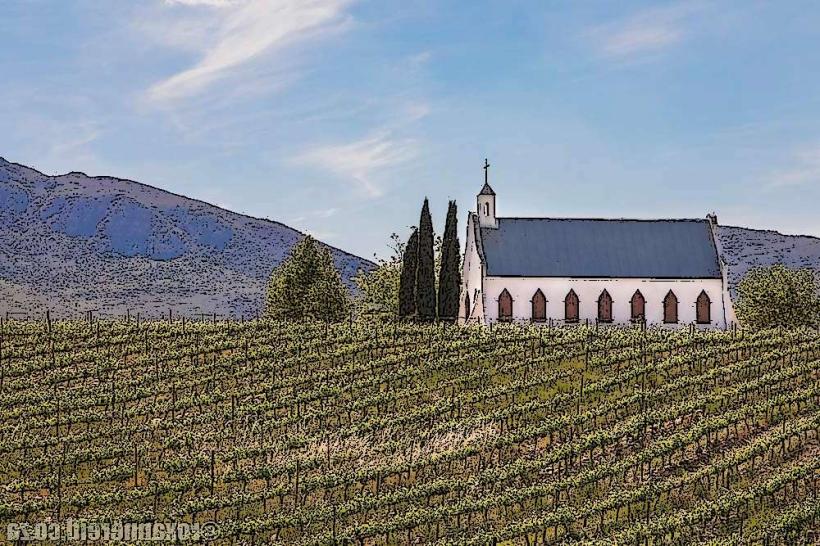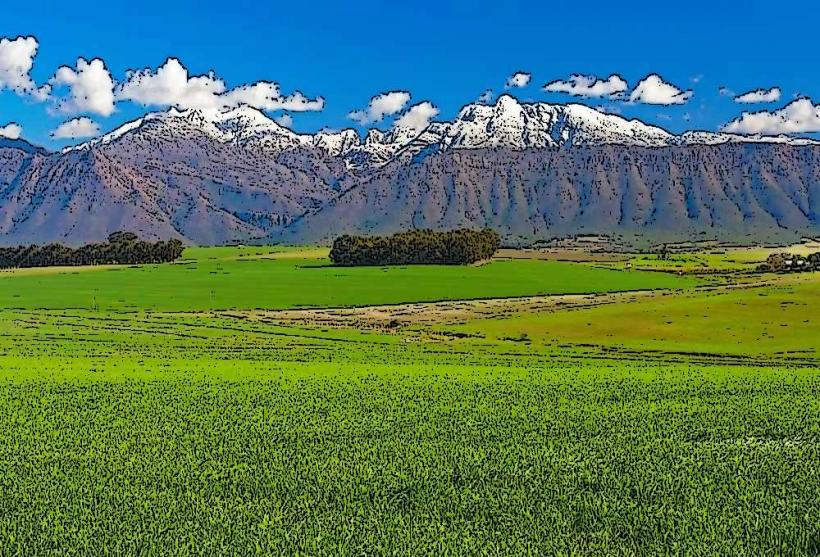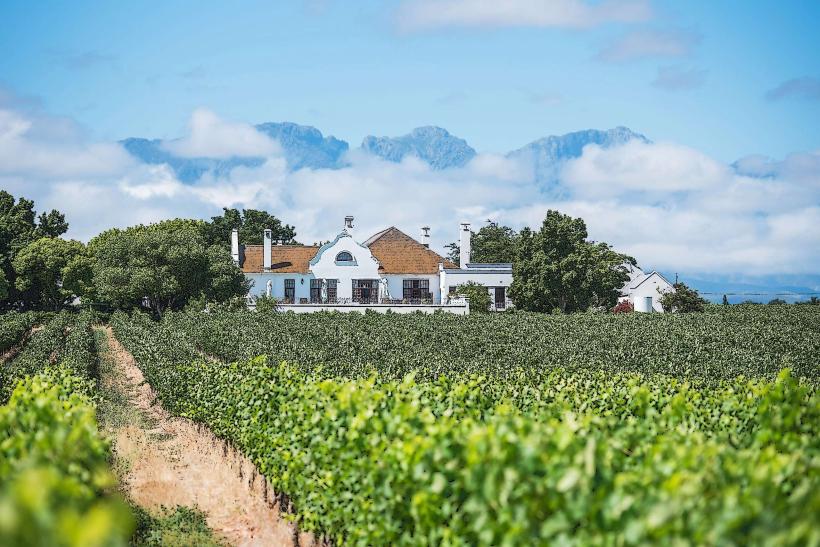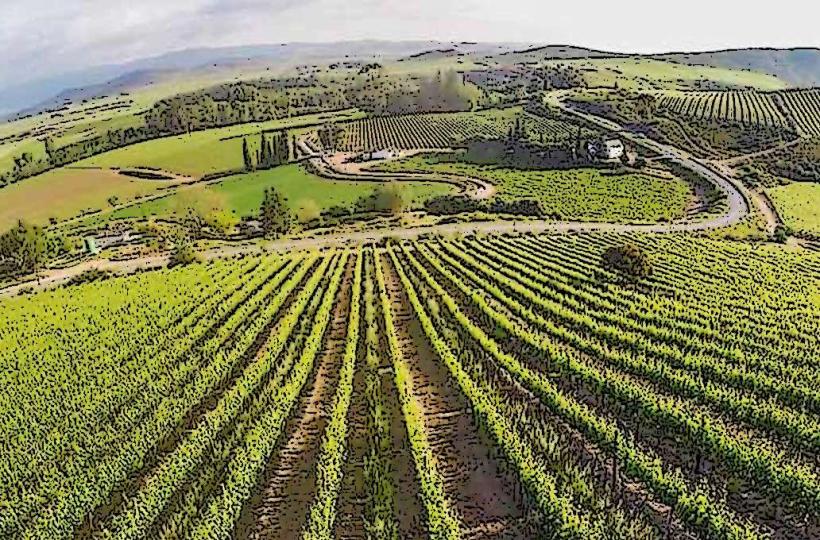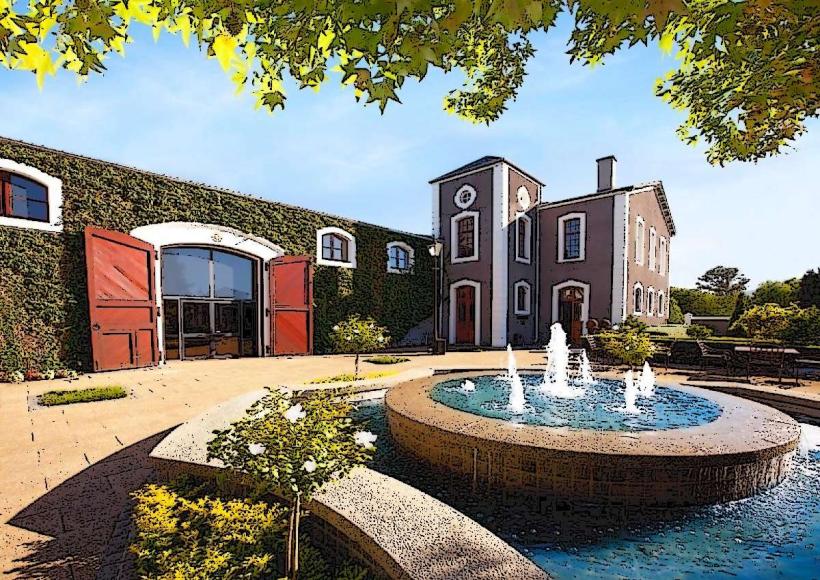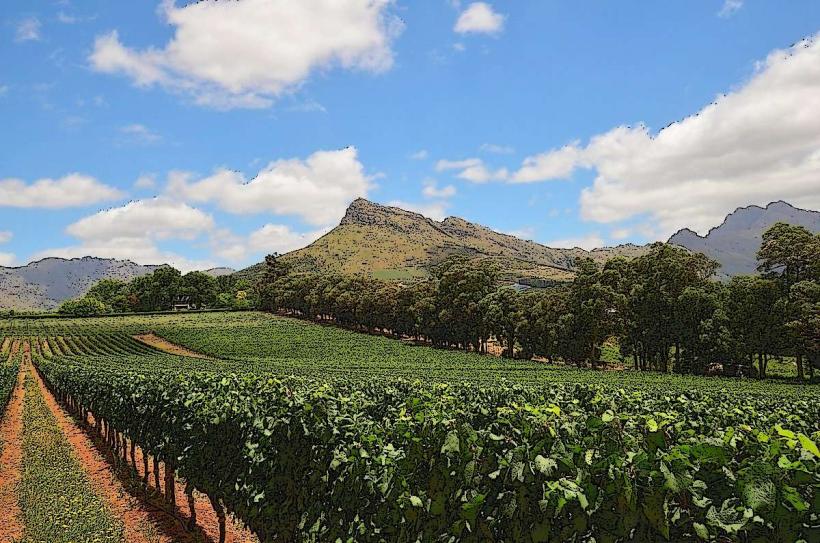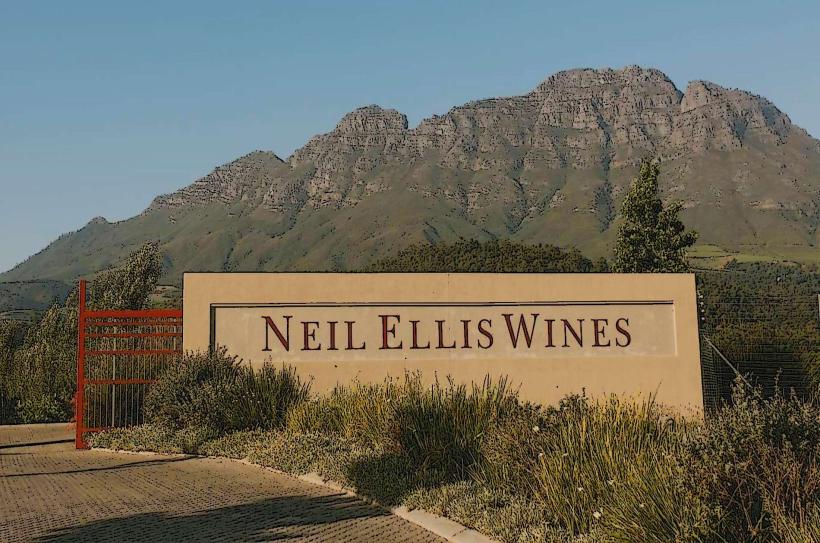Information
City: Cape WinelandsCountry: South Africa
Continent: Africa
Cape Winelands, South Africa, Africa
The Cape Winelands District serves as the primary viticultural and agricultural heartland of South Africa. Located in the Boland region of the Western Cape, it is a vast territory encompassing the fertile valleys between the Drakenstein, Hottentots Holland, and Wemmershoek mountain ranges.
Historical Timeline
Viticulture began in 1655 when Jan van Riebeeck planted the first vines in the Company’s Gardens. In 1679, Governor Simon van der Stel founded Stellenbosch, and in 1688, French Huguenots fleeing religious persecution settled in the Franschhoek valley (the "French Corner"), bringing advanced European winemaking expertise. The region’s architectural identity was cemented in the 18th century with the proliferation of Cape Dutch manor houses. A major modern milestone was the 1971 launch of the Stellenbosch Wine Route, the first of its kind in the country.
Demographics & Population
The district population is approximately 960,000 residents as of 2026. The demographic is roughly 47% Coloured, 36% Black African, and 16% White. The region has a high concentration of seasonal agricultural workers and a significant permanent student population in Stellenbosch.
Urban Layout & Key Districts
The district is divided into five local municipalities:
Drakenstein (Paarl/Wellington): The industrial and commercial heart.
Stellenbosch: The academic and primary tourist hub.
Breede Valley (Worcester): The administrative seat and primary inland logistics center.
Langeberg (Robertson/Ashton): Known for racehorse stud farms and limestone-rich vineyards.
Witzenberg (Ceres): The high-altitude fruit-growing region.
Top Landmarks
The Franschhoek Wine Tram: A hop-on hop-off rail system through the valley.
Taalmonument (Paarl): A massive granite monument dedicated to the Afrikaans language.
Dorp Street (Stellenbosch): One of the longest-standing residential streets in South Africa.
Bain’s Kloof Pass: A 19th-century engineering feat connecting Wellington to the interior.
Boschendal and Spier: Two of the oldest and most architecturally significant wine estates.
Transportation Network
The region is primarily accessed via the N1 and N2 highways. Internal movement is dominated by private vehicles. The Cape Winelands Airport (formerly Fisantekraal) is currently undergoing major expansion to handle international commercial flights by 2027. Ride-sharing (Uber/Bolt) is reliable in Stellenbosch, Paarl, and Franschhoek but non-existent in more remote areas like Ceres or Robertson.
Safety & "Red Zones"
While generally safer than Cape Town, the Winelands require vigilance. Avoid walking in town centers like Paarl or Worcester CBD after sunset. Kayamandi (Stellenbosch) and Mbekweni (Paarl) are township areas that should only be entered with registered guides. Rural "farm attacks" are a documented risk in isolated areas; high-end wine estates maintain private security perimeters and are considered very safe.
Digital & Financial Infrastructure
High-speed fiber (up to 100 Mbps) is standard in urban centers and on major commercial wine estates. Cellular coverage is 5G-capable in towns but can drop to 3G in deep mountain valleys. Card and mobile payments (Zapper/SnapScan) are universal in the hospitality sector. Cash is required only for informal farm stalls or tipping petrol station attendants.
Climate & Air Quality
The region has a Mediterranean climate with localized microclimates. Stellenbosch is cooler and wetter, while Paarl and Worcester experience extreme summer heat ($35^{\circ}\text{C}$ to $40^{\circ}\text{C}$). Air quality is excellent, though smoke from controlled mountain burns and agricultural spraying is common in autumn.
Culture & Social Norms
Culture is heavily influenced by Afrikaans traditions and "Slow Food" movements. Tipping of 10–15% is expected. Sunday trade is more restricted than in Cape Town; many boutique wine estates close by 16:00 or 17:00. Dress code is "Country Chic"-casual but polished.
Accommodation Zones
Franschhoek: Stay here for "Culinary Capital" status, luxury boutiques, and high walkability.
Robertson Wine Valley: Stay here for a quieter, less commercialized "country" experience and river-based activities.
Local Cost Index
1 Espresso: 35 ZAR ($1.85)
1 Standard Lunch (Wine Estate): 280 ZAR ($14.80)
1 Wine Tasting (Standard): 100 ZAR ($5.30)
Nearby Day Trips
Cape Town CBD: 50 km (50 minutes)
Hermanus (Whales): 95 km (1 hour 15 minutes)
West Coast National Park: 130 km (1 hour 40 minutes)
Facts & Legends
A verified historical oddity is Pinotage, a unique grape variety created in 1925 at Stellenbosch University by crossing Pinot Noir and Cinsault. A prominent legend involves the "Ghost of Spier," a woman in blue said to haunt the estate's manor house, and the "Angel Factory" in Stellenbosch, where a local sculptor’s creations are said to watch over the town's historical furrows.

